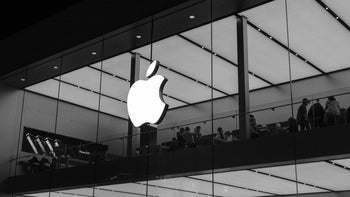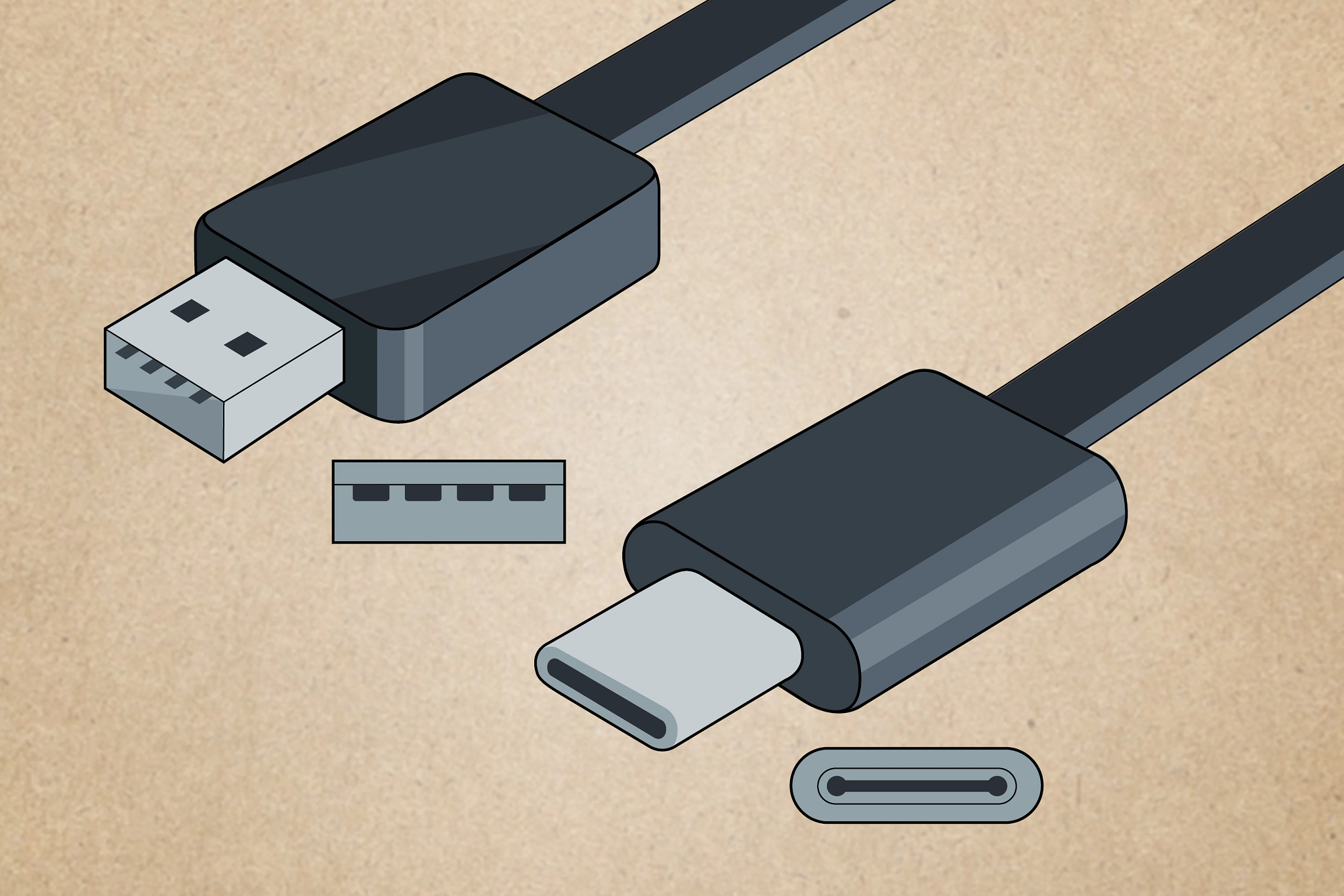Apple fined $2M for not including charger with iPhone 12

How Apple Screwed Up
One of the reasons that earned Apple this penalty is its refusal to include power adapters along with the iPhone 12 series. Apple chose to make this sudden cut globally in a claim that withholding the adapters (and EarPods, for that matter) would save the Earth from 3 million metric tons of carbon emissions every year.
- iPhone 13: price, release date, features, and specs
The fine didn't come without a warning. Brazil cautioned Apple back in December that it was violating the Consumer Defense Code by not including the adapters with the iPhones, compounded by a failure to make this fact explicit in their advertising. Apple never mentioned anything in the way of lowering their prices to compensate for the lack of an included charger, either. In Brazil, the iPhone 12 Pro Max costs the equivalent of US$2,535, while it starts at $999 in the United States and maxes out at $1,399.
When Procon-SP questioned Apple if it was indeed compensating with a lower unit price, it made no response. It simply reiterated the carbon emission savings line, adding that most users already have chargers to spare from past iPhones.
Does Apple Really Care about the Environment?
It is inconsistent to sell the device unaccompanied by the charger, without reviewing the value of the product and without presenting a plan for collecting old devices, recycling etc. The chargers must be made available to consumers who order them. —Procon-SP
Leading up to the fine this month, Procon-SP has found that Apple's carbon emissions savings claim is not adequately supported by facts, but seems to be simply a cost-saving measure for the company. Apple had never previously made any efforts at providing environmentally friendly recycling tactics, Procon said, calling Apple's bluff. They asked Apple to present a viable recycling plan to avoid potential fines for consumer protection policy violation, but Apple never responded.
When failing to sell the product without the charger, claiming carbon reduction and environmental protection, the company should present a recycling project. Procon-SP will require Apple to present a viable plan.
Apple justifies their decision with the claim that there are more than two billion adapters produced already, and that most people have their own which they can use. The problem with this is glaringly obvious: iPhone 12 models are shipped with a USB-C-to-Lightning cable. This new cable will not fit standard 5-Watt adapters which owners of the iPhone 11 model or earlier already have. While older Lightning-to-USB-A chargers take a longer time juicing up your device (the iPhone 11 took over 3 hours using standard charging), the new USB-C 20W adapter takes just under two hours to charge the iPhone 12 to 100%.
Does Anybody Save Anything—Except Apple?

Let's look at some analytics from the United States. First of all, the only previous iPhone that came with a USB-C-compatible adapter was the iPhone 11 Pro and Pro Max. All previous models had the regular USB-A wall plug.
According to a report by CIRP, in the U.S, the number of iPhone 11 users was more than double the number of 11 Pro and 11 Pro Max users combined last year. The report also shows that 65% of iPhone owners had an 11-series model. Even without considering that some of their adapters have been broken or lost, we know that owners of the 11 Pro or Pro Max comprise around 30% or less. Which means that the vast majority of those upgrading to the iPhone 12 will go out of their way to make use of the USB-C fast-charging cable with a compatible adapter.
It's comical to think anyone who is willing to splurge on the latest and greatest with the iPhone 12 would eschew its ultra fast-charging capabilities. Apple surely expects them to swallow the inconvenience and buy a new adapter out of pocket. Apple's offers start at 19$ for a 20-Watt plug on their website, but not everybody wants to dish out twenty dollars for an adapter, and may opt for a cheaper alternative instead. That's where things could go wrong, as a poorly chosen knock-off, which cannot provide the stable and consistent current your gadget needs, could easily ruin an expensive iPhone.
Many people are also making the argument that Apple's failure to include adapters is hurting customers from developing countries significantly more, because they are even less likely to be able to buy an original MFi-certified plug.
There Were Other Violations behind the Fine
The $2M penalty from Brazil doesn't only come for missing power adapters. Apple has been accused of false advertising, iOS update issues, and unfair terms as well.
Procon-SP has accused Apple of misleading advertising because since the 11 series, iPhone owners have been refused repair services for phones with water damage—despite the fact that for years, iPhones have been advertising varying levels of waterproof or water resistance capabilities. The iPhone 12 series, for example, has an IP68 rating, and has been tested to survive submersion to 6 meters of water for 30 minutes. Yet Apple has been refusing Brazilian customers repair services for water-damaged phones even if they are still under warranty, which seems to contradict their claim.
Another issue is that customers have been having “problems with some functions” on their iPhones following updates, but received zero assistance from Apple—leading to suspicions of planned obsolescence.
The other deed which earned Apple the $2M fine is its policy of "exempting itself from all legal and implicit guarantees and against hidden or not apparent defects," says Procon-SP.
While it is no secret that this fine is pocket change for Apple, it might be well for its future if it pays a little more attention to local consumer protection laws, and considers the reasons for which they are there in the first place. Apple's communication in this matter seems to have been sadly lacking, as Brazil has not heard back from them regarding most of the issues brought up (although Apple can still appeal the fine in court).









Things that are NOT allowed: